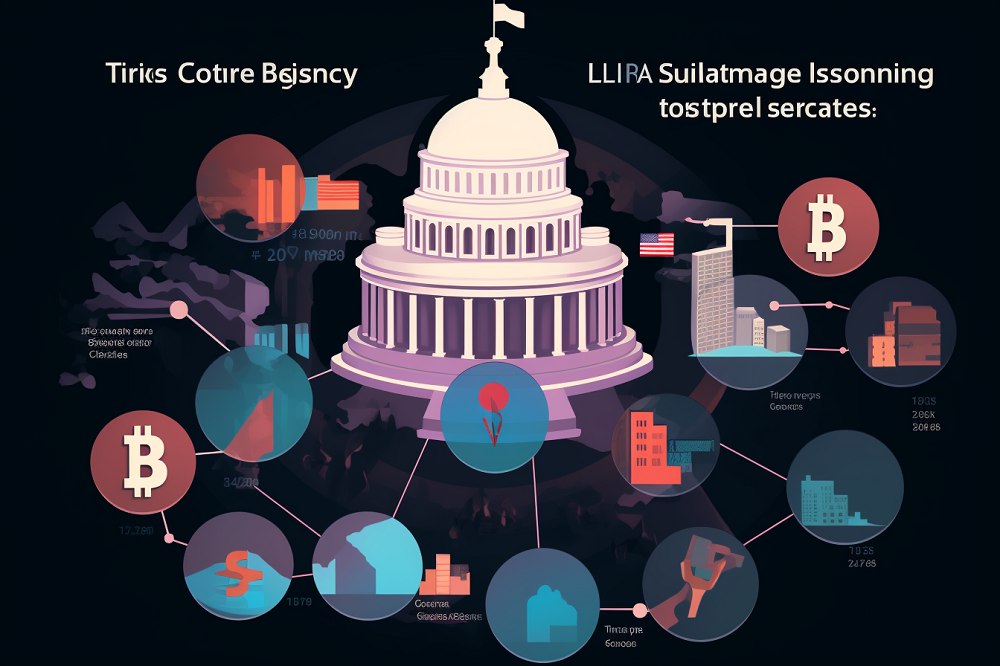Lifting The Ban On Crypto Trading
The Central Bank of Nigeria (CBN) recently moved to recognize transactions in digital currency in the country. Hence, the Nigerian financial regulator has reversed its previous stance on the use of cryptocurrency within the country.
The CBN instructed all Nigerian banks to halt crypto-related accounts in February 2021. Terrorism and the laundering of illicit funds using digital currencies like Bitcoin and Litecoin were among the reasons the CBN gave for its decision.
However, the CBN has re-communicated with the banking sector, stating that blocking crypto activities would be pointless, given the increasing global use of virtual currencies. It stressed the need for comprehensive guidelines on virtual asset service providers (VASPs) as part of the new measures to allow crypto trading by banks.
The CBN believes that appropriate regulations and implementation would prevent the misuse of these virtual assets, especially money laundering and terrorist funding. Therefore, it has instructed the financial institutions under the CBN to disregard the previous prohibition on cryptocurrency transactions.
The New CBN Guidelines
One of the primary purposes of the new regulations is to establish the minimal standards that virtual asset service providers in Nigeria must meet when forming bank partnerships and opening accounts with them.
Additionally, these rules guarantee that banks appropriately manage the risks associated with collaborating with authorized VASPs. Under these guidelines, banks cannot own crypto assets directly; their role is to enable crypto-related services from crypto service providers.
The CBN’s primary objective is to guarantee the safety and sound administration of the banking relationships with VASPs. Nigeria’s Apex bank also makes it compulsory for bank staff not to engage in crypto-related transactions directly using their status as a bank employee.
Nigeria’s Blockchain Landscape
Following this development, local blockchain business leaders have recently urged Nigeria’s federal government to pass legislation encouraging the blockchain policy’s broad adoption across the country. Obinna Iwuno, president of the Stakeholders in Blockchain Association of Nigeria (SiBAN), emphasized the need to create a regulatory framework to hasten the integration of blockchain technology into various economic sectors.
Iwuno claims that Nigeria is prepared to embrace blockchain technology entirely. He added that the country will be a digital economy leader on the African continent once all parts of the nation’s economic sectors fully embrace blockchain technology.
The SiBAN president opined that full blockchain adoption would lead to greater financial inclusion, new jobs, and a booming economy, which would ease part of the economic woes the country is currently facing.
Enhancing Public Education About Blockchain Technology
Some of the objectives of this policy are to create a blockchain consortium in Nigeria, improve the country’s legal and regulatory landscape for blockchain technology, encourage digital identification, and develop incentive programs for blockchain businesses.
It also includes raising public understanding of blockchain technology and digital finance literacy and launching a national blockchain sandbox to test and pilot. Observers noted that it is not just the government’s goal to bring blockchain technology into the mainstream in Nigeria; it is a shared goal among all players in the nation’s finance sector.
As the country with the highest stablecoin adoption rate in Africa per recent on-chain data, the CBN’s move regarding blockchain integration will further solidify the country’s status in this regard.
